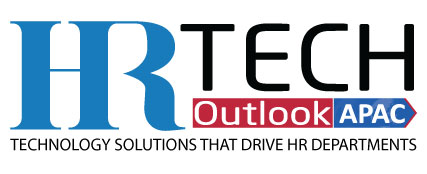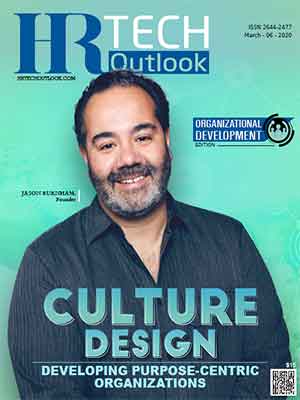With technology penetrating deeper into the core of the human resource (HR) industry every day, industry leaders are on their toes to guide their employees in the process of upskilling themselves with latest market requirements and standards. Unfortunately, the time for upgrading skillsets and capabilities is falling short by the hour, making it difficult for new-age leaders to attain a glimpse of the current market trends and present a detailed roadmap to confront challenges. In such a scenario, formal training sessions and campaigns are speedily being replaced by a more interactive and engaging learning environment, thanks to the wonders of artificial intelligence (AI), data science, and machine learning.
The collaborative benefits of AI and data science have presented the HR space with advanced tech skills, which is beneficial in ramping up the overall functions in an organization. Business leaders are, therefore, urging employees to buckle up and acquaint themselves with these trends, clubbed with web development frameworks. The manifold advantages brought to the table by collaborative efforts exhibited by humans as well as robots have dissipated the fear of computers taking away jobs. Instead, entrepreneurs are predicting a heightened surge in the adoption of this collusive effort in 2020. Both robot processing automation (RPA) and business process management (BPM) tools will continue to work together; while RPA and BPM help automate the monotonous manual tasks, humans will be entitled to better concentrate on more important business activities. With these advancements in place, companies will be capable of restructuring their formal as well as informal re-skilling programs, where existing talents can study the current market trends and enlighten themselves with the challenges and the solutions.
Organizations are approaching a data-driven environment, tried and tested for better performance when compared to the forgoing data-based decision-making processes. With better access to information, businesses are prioritizing skills based on relevant data. Most of these skills pertain to knowledge and execution of issues that require deep learning, understanding of algorithms, natural language processing, data analytics, automation and the cloud.
While industries have already started leveraging these technologies on a broader level for upskilling their employees and achieving better business profits, most countries are aiming to take this wave to the administrative level. Service consultants are identifying new ways to assist government institutions in redefining their infrastructure in order to reach the mass in a seamless manner and connect with them on a personal level.
The HR space is slowly approaching a futuristic transformation in the area of organizational development, thanks to the adoption of the above-mentioned technologies. Our goal with this edition is to bring together a list of top 10 organizational development consulting companies that have consistently proven their mettle in the field of organizational development landscape.
We present to you HR Tech Outlook’s “Top 10 Organizational Development Consulting/Services Companies - 2020.”


















